It's no secret that the weather outside can certainly affect our mood. The winter gloom, with its cloudy skies, cold temperatures and grey weather can even cause Seasonal Affective Disorder (SAD) and depression.
While those of us who suffer look forward to the summer months, warm weather comes with its own set of effects on the human body and mind.
The warmer weather is certainly a welcome relief for those of us stuck inside during the winter. Cabin fever sets in where we don't leave the house for days at a time, especially in wintry weather and heavy snow.
Add in a pandemic, and it's no wonder so many of us have been wanting to get out more, especially now that so many people are vaccinated. While depression can be linked with the cold, the warmer temperatures can help cause more anxiety in some people.
Summer anxiety is a real issue for many— and one caused by the increase in heat and humidity. But it's not just the thermometer you have to watch. Your actions and behavior as the mercury rises can affect you in big ways. As a general rule, we are much busier in the warmer months.
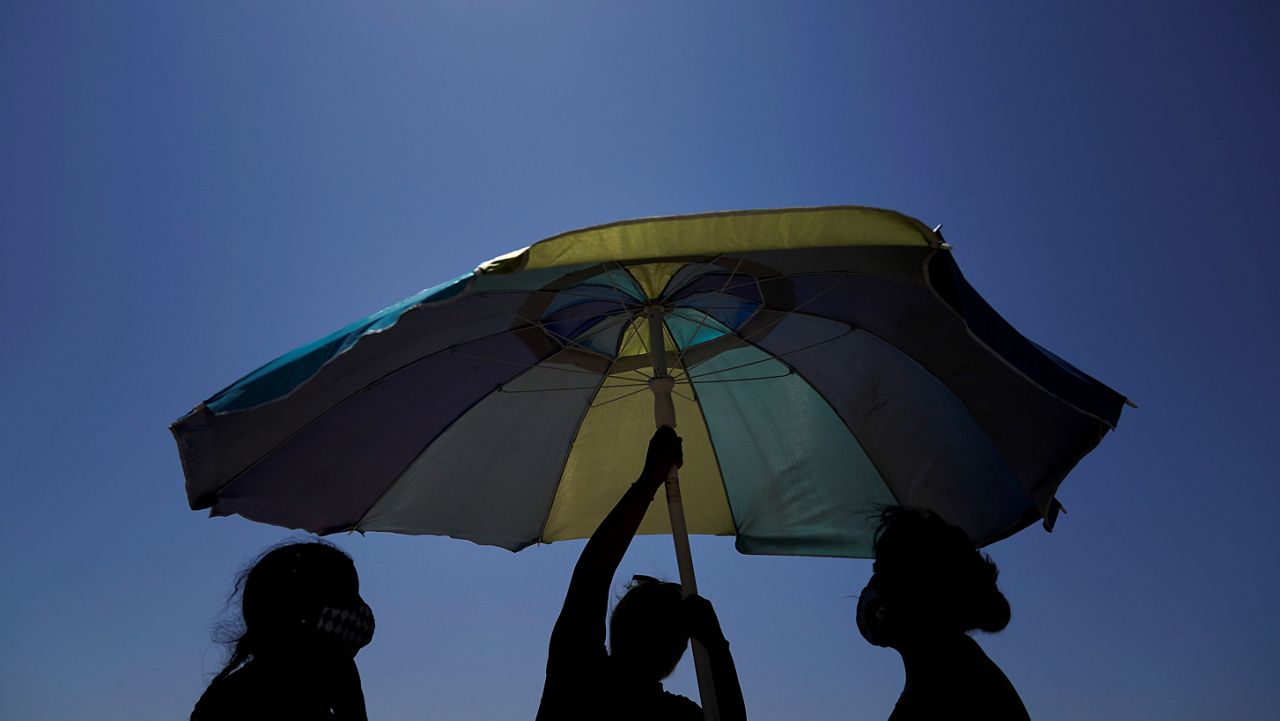
Trips to the park, walks outside, golfing, sports and vacations all increase with frequency. Being busier naturally can increase anxiety. Sure, that can happen in the winter too, but summer months come with many factors that can be triggers for anxiety. Your sleeping patterns can be affected often in negative ways in May through September.
More sunlight can throw off your circadian rhythm which of course can affect your mood and so much more. More on that in just a bit.
Many people suffer from panic attacks something that can happen year-round. But the increased temperatures can set them off more often as well. Researchers have studied people who have experienced panic attacks in the past and when they most often flare-up. The warmer months can be a big trigger.
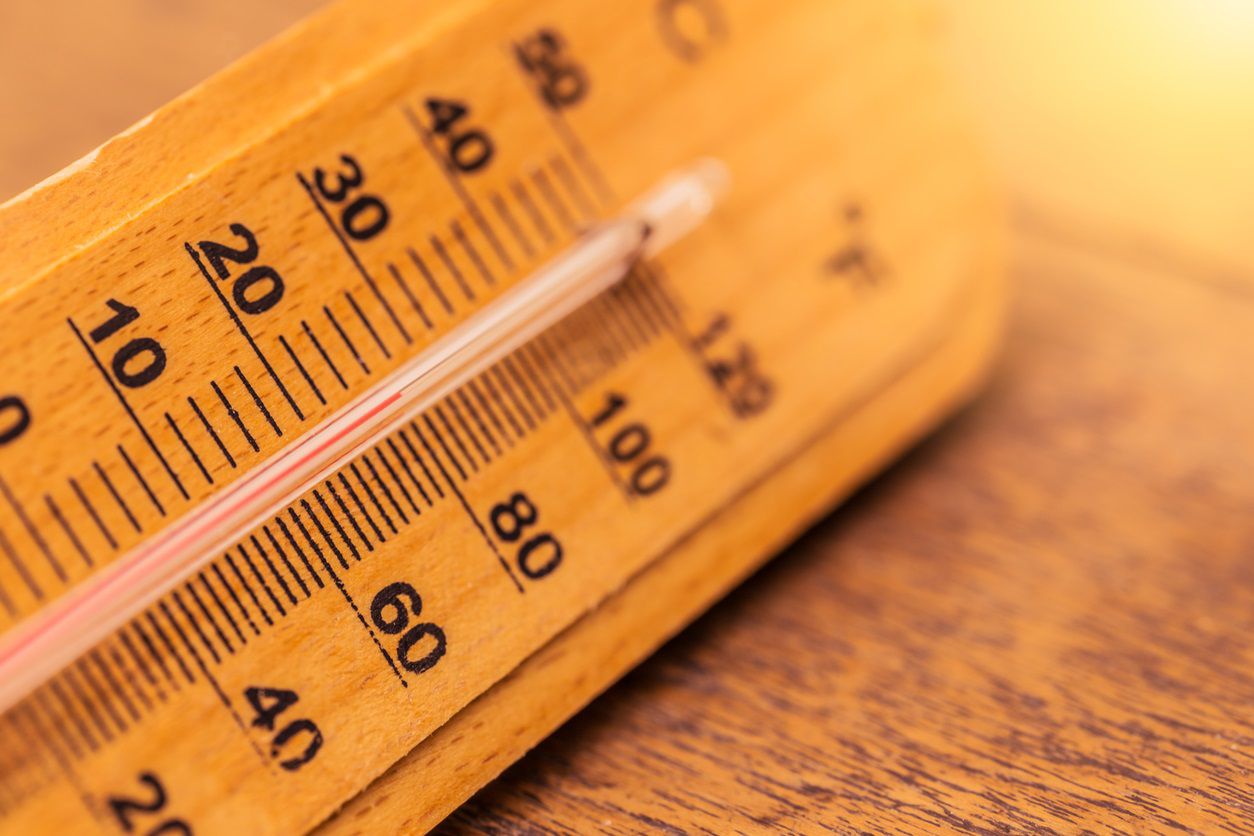
See, the problem is, when your body becomes too hot, you can experience symptoms similar to those of anxiety disorder. Taking extra precautions to take care of yourself during the hotter weather can help ease these attacks. Another issue to consider when the temperature soars are your heart rate and your breathing.
Warmer weather increases heart rate, and sometimes, this can fool you into thinking you're having a panic attack, instead of what it could be, like for example heat exhaustion.
As mentioned briefly above, more sunlight in the summer can vastly affect your sleeping patterns, leading to a variety of issues. Warm, muggy nights can make sleeping (even if you try to get some shut-eye on time) difficult.
For many people, even sleeping in a room a degree or two warmer than what would be ideal can make getting a good night's sleep impossible.
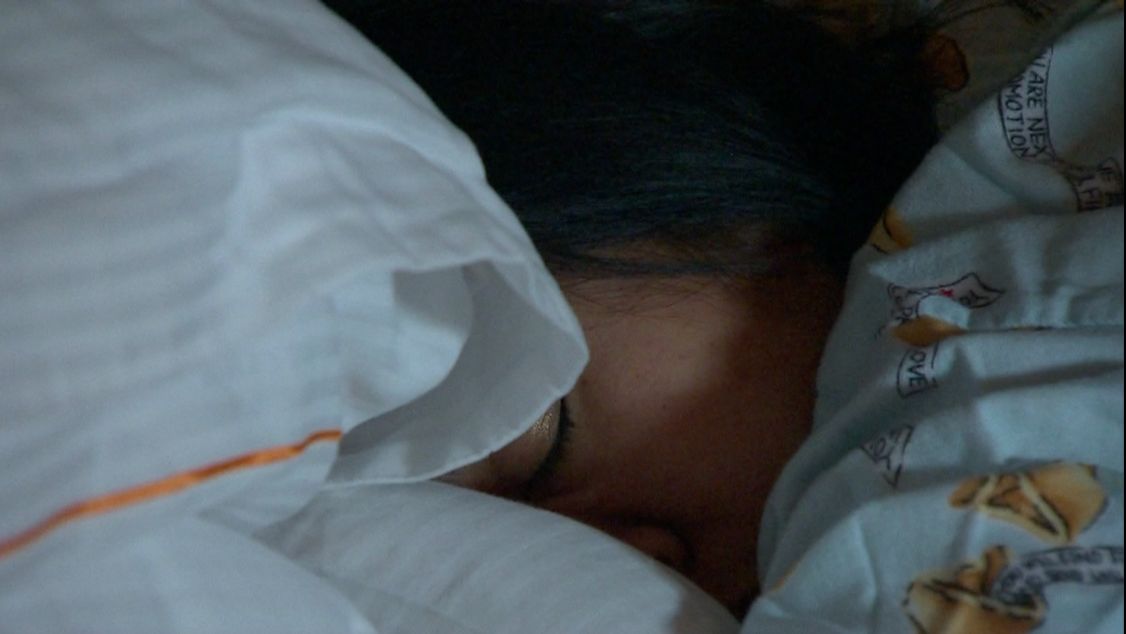
Experts blame the sunlight issue on how our bodies cue to different points in the evening and morning. With more sun, our bodies may cue to dusk, instead of dawn, which can shorten the body-clock and time our brains can adjust to sleeping.
The hardest issue for many people may just be balancing enjoying the weather with keeping healthy and sleeping well. Fortunately, there are many easy ways to do this. It may sound so simple, but first, consider staying hydrated. This is a good rule to follow 24/7/365, but especially when the heat rises.
Keeping yourself full of water makes your body healthy from the inside out, flushing out toxins, keeping you cooler and helps keep anxiety issues at bay. Hyperthermia occurs when the body's core temperature rises above 99.5 degrees.
This can happen in as little as 20 minutes sometimes. Just another reason to stay hydrated and inside as much as possible, especially in the extreme heat the mid to late summer can bring.
Another note: just worrying about even having these symptoms can cause anxiety. Preparation is key (as in so many other things). If you need to spend more time outside, remember to wear loose-fitting clothing. Lighter and whiter colors absorb less sunlight and can keep you cooler.
There are specific clothing brands that produce summer wear that not only help keep you cool but filter out harmful UV rays as well. When you're inside, keep the air conditioning running.
Setting the air conditioner to cooler temperatures before bedtime can help make you sleep soundly through the night. That and investing in some blackout curtains can help create a cooler sleeping experience which will serve to substantially decrease your anxiety.
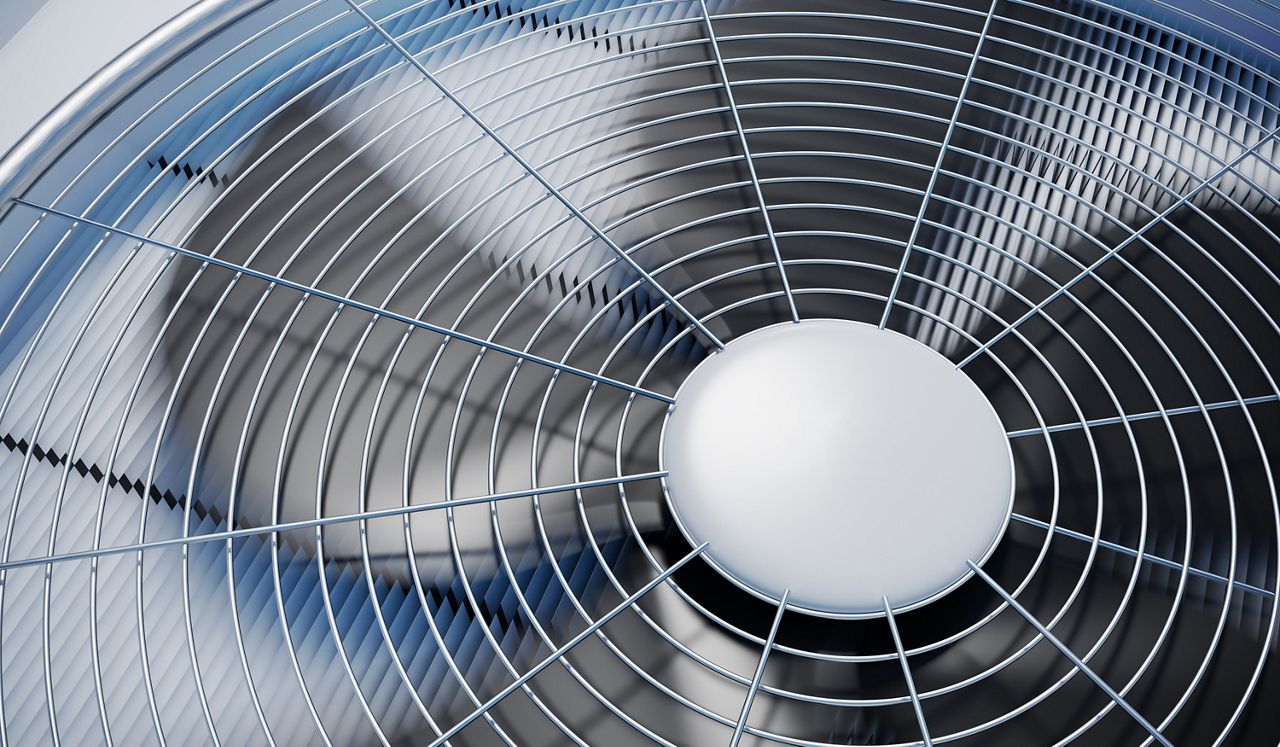
As with all things, consult a doctor if you feel you are having trouble managing anxiety in the summer.
It's a very common issue, but one that a professional can help with if these solutions above aren't enough.
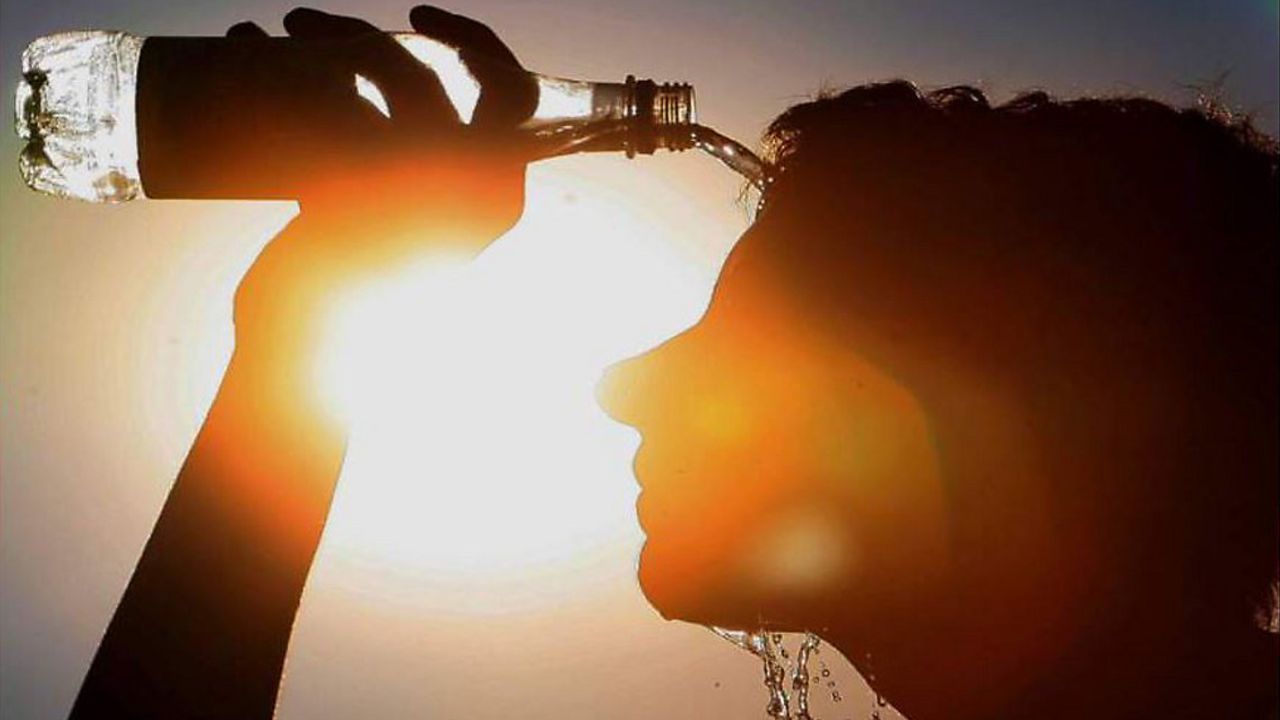

)